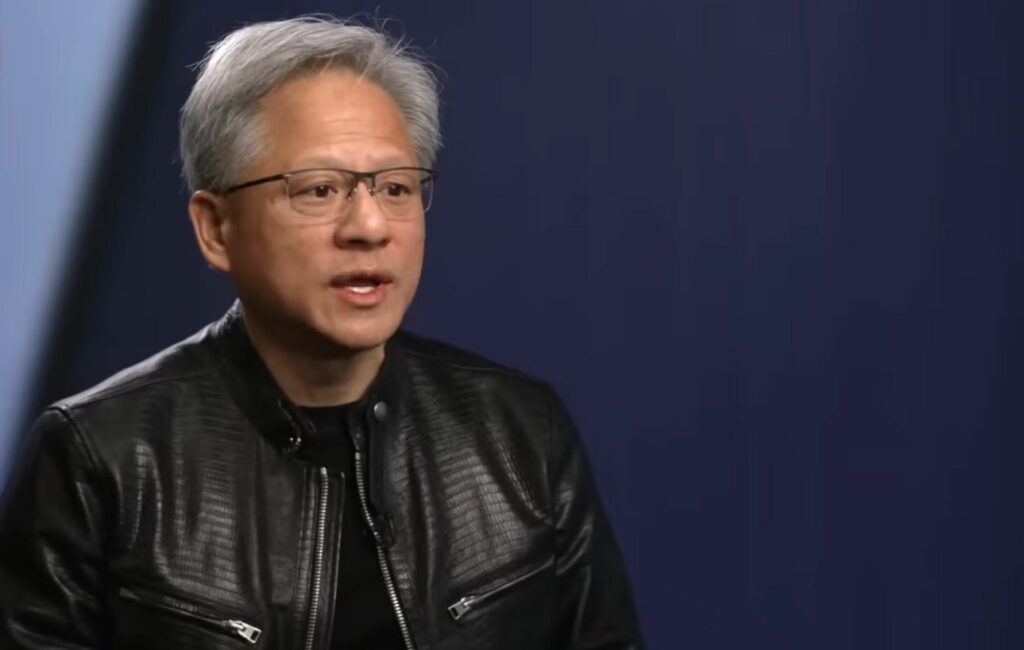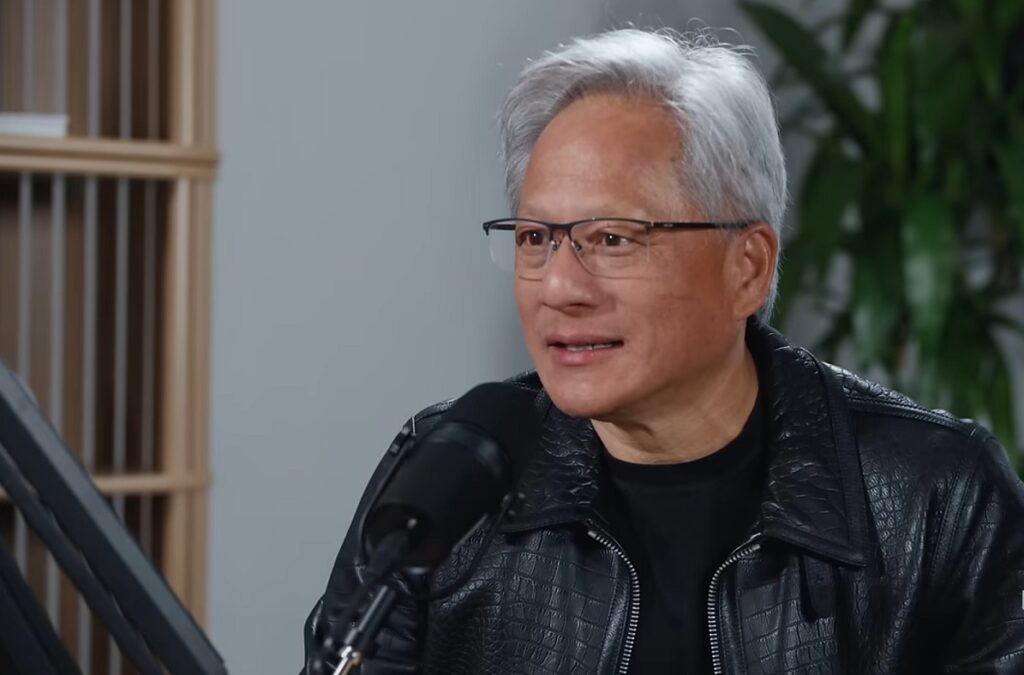
Beijing, August 1, 2025 — U.S. chip giant Nvidia is once again under the geopolitical spotlight after meeting with officials from China’s Cyberspace Administration (CAC) on Thursday to address concerns over national security risks allegedly posed by its H20 AI chips.
The meeting came shortly after Washington reversed a previous export ban, allowing Nvidia to resume shipments of its China-tailored H20 graphics processing units (GPUs), a move that has sparked both optimism and controversy across global tech and political circles.
Beijing Demands Transparency on Security Vulnerabilities
According to a statement translated by CNBC, Chinese regulators summoned Nvidia to “clarify and submit relevant supporting documentation” regarding potential security vulnerabilities, tracking technologies, and hidden backdoors in the H20 chips. The CAC cited concerns raised by both domestic investigations and reports from U.S. lawmakers and AI experts.
In a public post, the CAC alleged that Nvidia’s chips could enable remote shutdown, geolocation tracking, and other surveillance-enabling features — a claim that Nvidia firmly denies.
“Cybersecurity is critically important to us. NVIDIA does not have ‘backdoors’ in our chips that would give anyone a remote way to access or control them,” a company spokesperson said on Friday.

U.S. Lawmakers Push for Tracking Features
The scrutiny follows increased pressure in Washington to implement tighter controls over advanced semiconductor exports. In May, U.S. Senator Tom Cotton and a bipartisan coalition introduced the U.S. Chip Security Act, which would require companies like Nvidia to integrate tracking and location verification mechanisms into AI chips destined for foreign markets.
Democratic Representative Bill Foster, a co-sponsor of the bill, noted that such tracking technology is “readily available,” with some features already embedded in Nvidia’s hardware, according to technical experts cited by Reuters.
The bill aims to ensure that U.S.-designed chips, particularly those with high-performance AI computing power, are not misused by adversarial governments or commercial entities in China’s AI ecosystem.
Balancing Act for Jensen Huang and Nvidia
Nvidia’s CEO Jensen Huang has found himself navigating a complex geopolitical maze, juggling Washington’s evolving semiconductor restrictions with his company’s strategic ambitions in China, a multi-billion-dollar market for AI accelerators and GPUs.
Huang’s announcement of resumed H20 sales came during a recent high-stakes visit to Beijing, following a separate meeting with former President Donald Trump, who has re-entered the political spotlight and continues to advocate a hardline stance on tech exports to China.
The resumed H20 chip sales represent a potential financial lifeline for Nvidia, which in May wrote down $4.5 billion in unsold inventory due to the export ban. The company said that without these curbs, its quarterly revenue could have been $2.5 billion higher.
TSMC Tapped for Major H20 Orders
In anticipation of renewed demand from China, Nvidia has reportedly placed orders for 300,000 H20 chipsets with Taiwan Semiconductor Manufacturing Company (TSMC), one of the world’s leading contract chipmakers.
While the move signals confidence in China’s market rebound, the ongoing scrutiny from both U.S. and Chinese regulators suggests Nvidia’s sales strategy in Asia is far from smooth sailing.